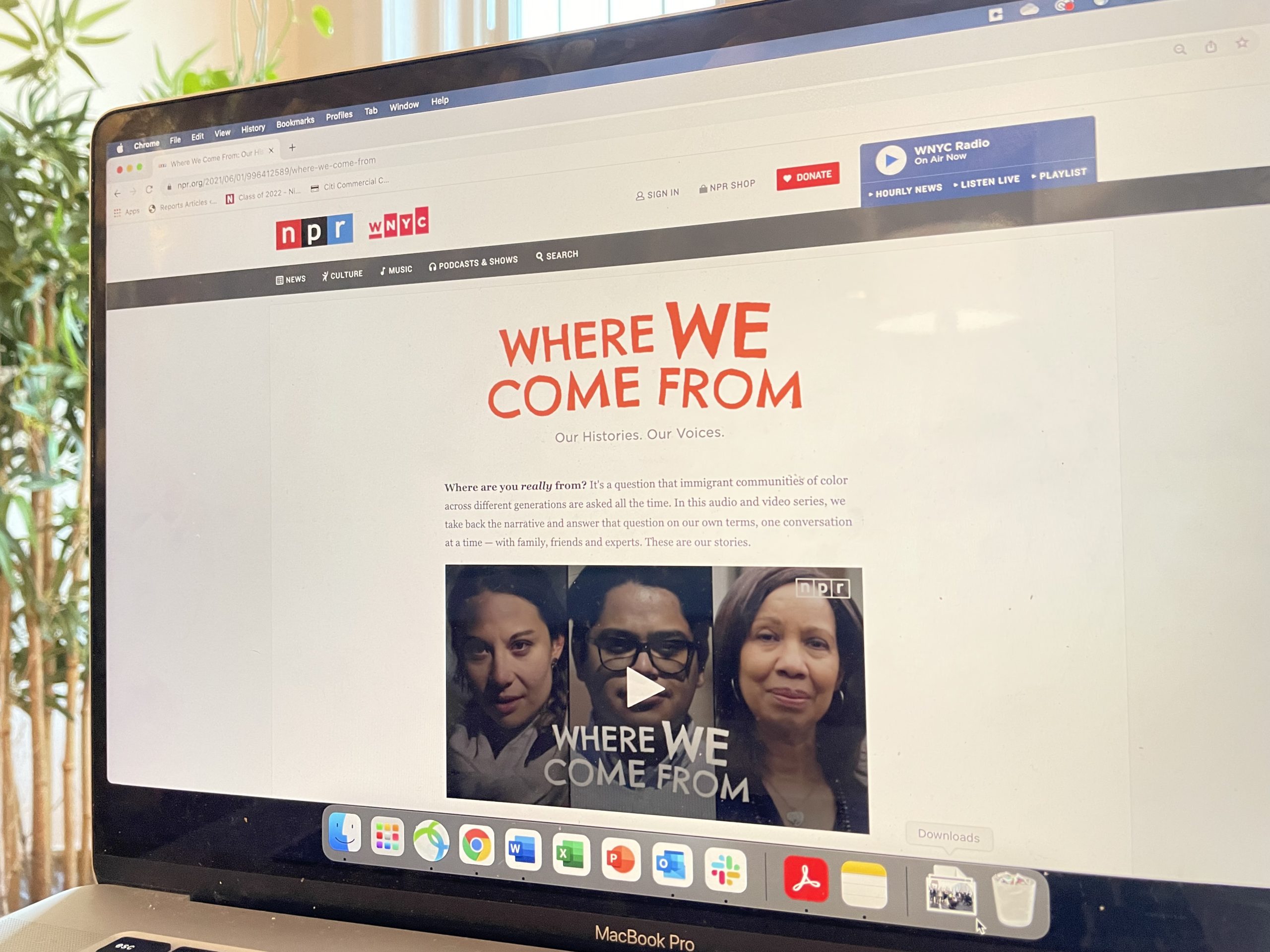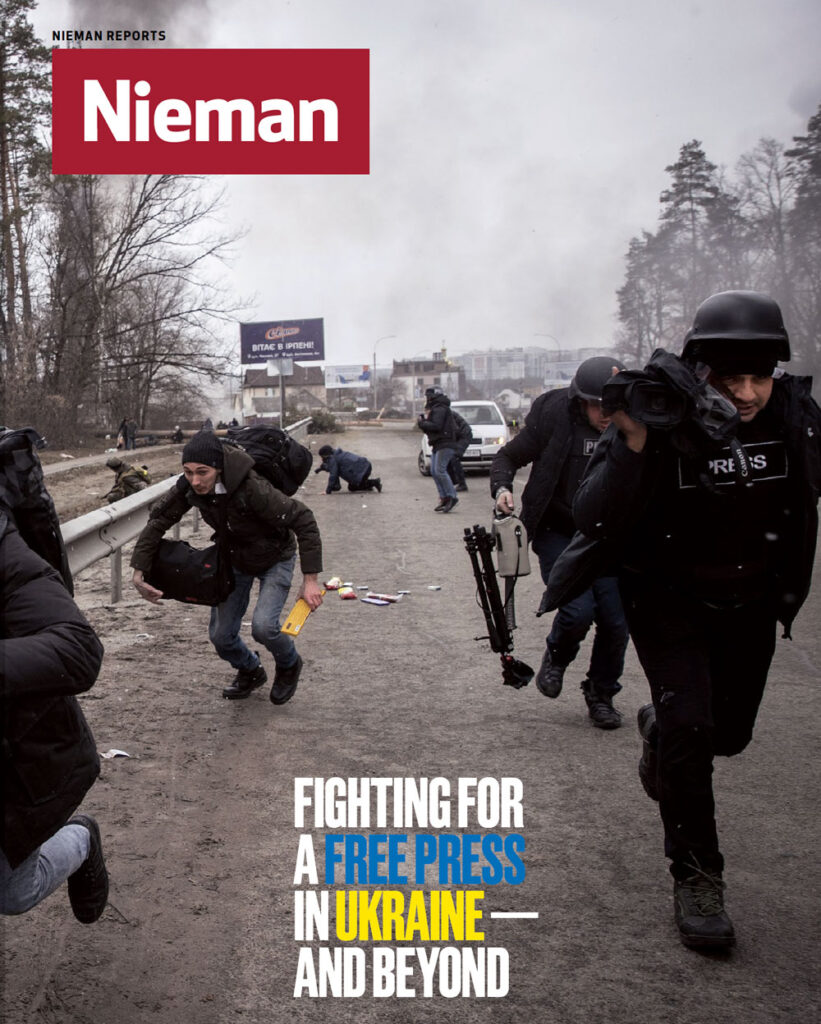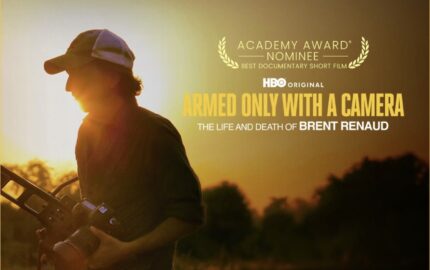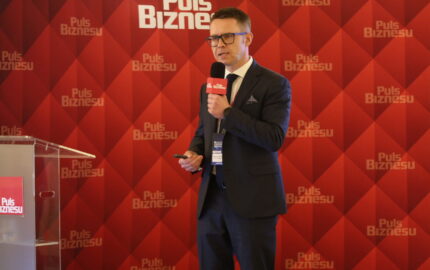Through intergenerational conversations, 2021 visiting fellow Anjuli Sastry Krbechek highlights how immigrant communities of color grapple with their own identities
When I first came up with the idea for “Where We Come From,” I was trying to tell a version of a story I’ve heard my mom tell me so many times. She and my dad had known each other only a few months before they had an arranged marriage in the ’90s. He went home to Berkeley, California (he was born in India and moved to the U.S. when he was five) after the wedding, while she waited behind in India to receive her green card. When she finally got it, about six months later, she got on an international flight for the first time in her life and flew to a new country, leaving the entire world she knew behind, with no idea what to expect.
There’s so much more to this story and the conversation between my mother and me about it. I learn something new each time I hear it: how terrified she was to be in a new place, how she wasn’t always sure how to communicate, how she felt a little excitement about meeting and living with her new family. This story and other stories passed down about my family — they are something I carry with me constantly. It’s affected who I am and how I understand my place in the U.S. It’s what I think about when someone asks me, “Where are you from?” As I always say when talking about this series, the answer to that question is more nuanced than just a place on a map.
This isn’t just my family’s story. It’s a story other immigrants have passed on to their kids and their kids in turn pass on to their own. These stories are an oral history of the people who make up the fabric of this country — stories that aren’t told enough.
I started “Where We Come From” because I know these stories, like the one my mom told me, are universal. The need to assimilate while maybe losing a part of your culture and heritage, like forgetting your mother tongue. The need to understand your immigration status and the precarity of it, constantly facing the threat of deportation while also trying to build a life in a new country. The need to come to terms with how you were “othered” growing up, and what that means for the trauma you carry forward as an adult. It all starts with a conversation.
Each episode of “Where We Come From” tackles a story like this through intergenerational conversation. My hope is to build greater understanding between the people talking to each other, whether they are family or friends, and in turn the audience that is experiencing the conversation through NPR. The idea was that each person would be their own “host,” telling their own story, as opposed to an NPR host narrating it for them in a traditional way.
Our work culminated in four video episodes, four podcast episodes, and three national radio segments. We shared all the videos on Instagram and did two Twitter Spaces. I wanted to flood different platforms to reach as many people as possible. What we heard back was that people were elated just hearing and seeing their own stories reflected back at them both on mic and on screen.
NPR has greenlit another set of podcast episodes of “Where We Come From,” to come out later this summer. During the first season, I tried to do a ton: act as executive producer, be a project manager, find my series sponsor, report, book, help with PR, edit social media posts, and so much more. For this second iteration, I hope to find a singular theme and focus on what’s most important to me: telling the stories about the communities at the heart of the series.




